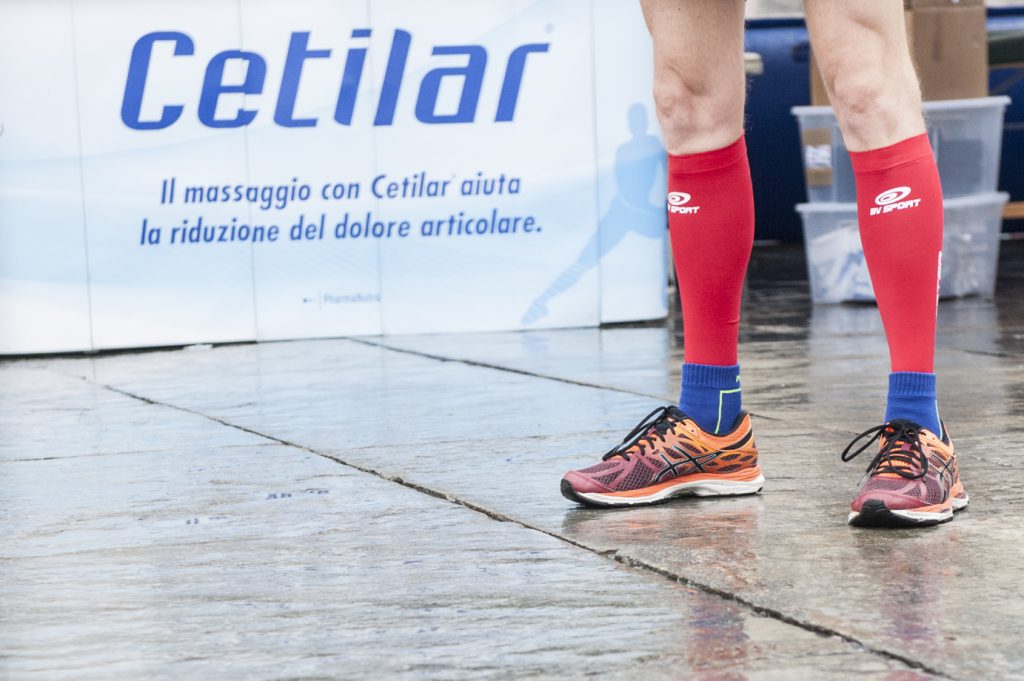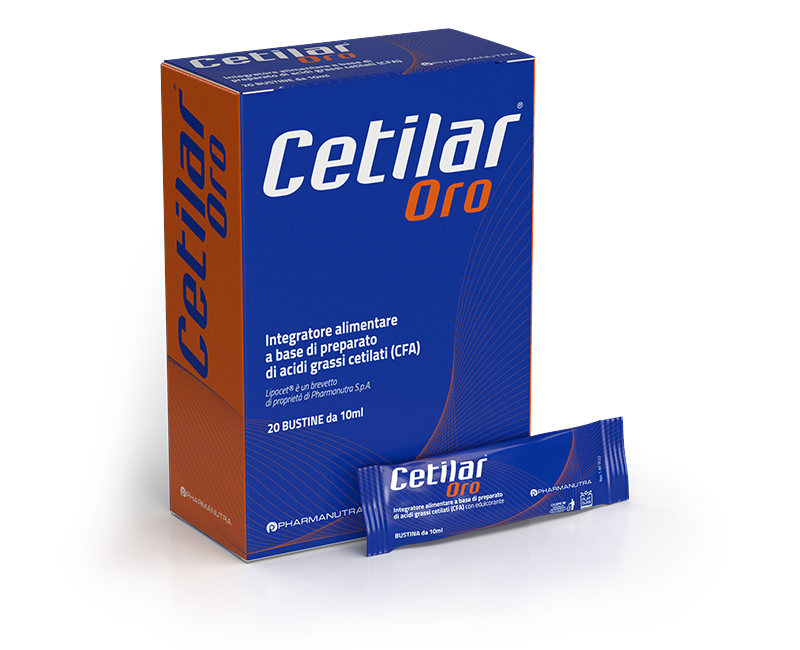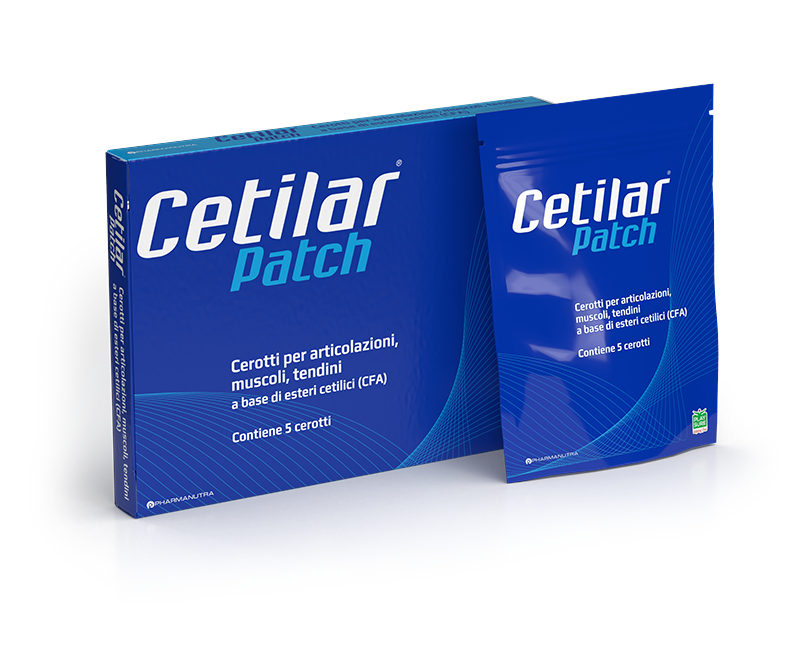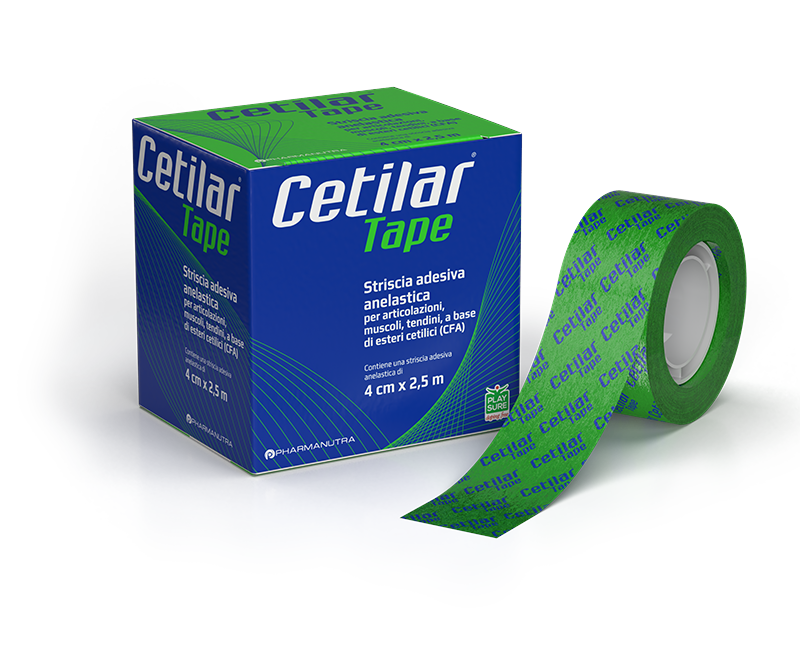TRAINING BEFORE A RACE: USEFUL TIPS FOR RUNNERS AND MARATHON RUNNERS

It seems obvious, but it isn’t: the first tip for tackling a race effectively is to be well-rested when you get to the start line. It is well-known now that in order to perform better in a race, it is essential not only to be trained, but also to be physically and mentally ready to take the strain.
Therefore, in the days leading up to a competition, it is a good idea to follow a deloading programme, otherwise known as tapering, which involves gradually easing up on your training activities.
How to prepare for an important competition
You don’t need to stop training altogether to ensure you are rested before a race, but make sure you reduce the volume of training so as to maintain distance and pace.
To achieve this, it is advisable to reduce the distances you normally run and to concentrate on shorter but more intense sessions. For example, if you are preparing for a half-marathon, start with a 10-minute warm-up, run 3-5 km at your target race pace and then complete with a 10-minute cool-down. In advance of an important competition, it is generally good to follow your deloading weeks programme, allowing your body to regenerate and build up the necessary energy before performance.
It is also better to avoid incorporating new physical exercises to supplement your training, so as to avoid running the risk of sore and fatigued muscles that may compromise your goal.
You may feel that you are not training enough but remember that the real aim of these sessions is to maintain the technical and metabolic characteristics you have gained, not to raise your performance levels, which are usually minimal in the run-up to a competition. Finally, remember that two to three days before the event it is best to run short distances and only to keep your muscles loose and relaxed, perhaps supplementing your warm-up with a short, light massage using specific products.
Stretching after the race
The benefits are undeniable to aid recovery after training or competition. A good stretching session helps increase the elasticity of the muscles and tendons: stretching, in fact, helps to improve the elastic resistance of the muscle tissue and the ability to recover muscle strength, as well as muscle tone.
Stretching, or muscle lengthening, also helps to remove the lactic acid that builds up during physical activity and to prevent muscle injuries due to sudden movements during the physiological drop in body temperature that occurs immediately after sports performance.
Last but not least, stretching helps the body reach a state of relaxation, helping to restore a more balanced blood circulation.
The role of nutrition before a race
Maintaining appropriate hydration during sport, replenishing stores of water and mineral salts while training, is one of the healthy habits that anyone practising sport should follow, at both amateur and competitive level.
After all, a balanced diet that is specific to running is also fundamental to preparing physically for a race, especially for an endurance test such as a marathon or half marathon.
To achieve the best level of fitness, it is advisable to increase your intake of carbohydrates and all foods rich in potassium and magnesium, so as to ensure your body has the right intake of sugars and energy.
What to eat before and after a running race
On the day of the competition, before the race, treat yourself to a hearty breakfast (without overdoing it!) of cereals, dry biscuits or rusks, fresh or dried fruit. A light snack a couple of hours before the race is also allowed if there is a long gap between breakfast and the start time.
After the race, it is important to eat a diet rich in anti-inflammatory nutrients to speed up muscle recovery. For example, Omega 3, or polyunsaturated fats, must be included in your diet after an intense and prolonged sporting performance. This is because of their ability to reduce tendon inflammation and stimulate the immune system’s response.



